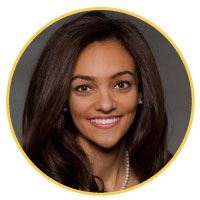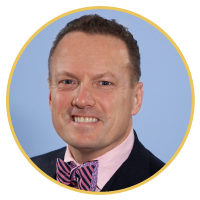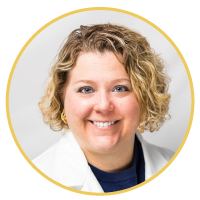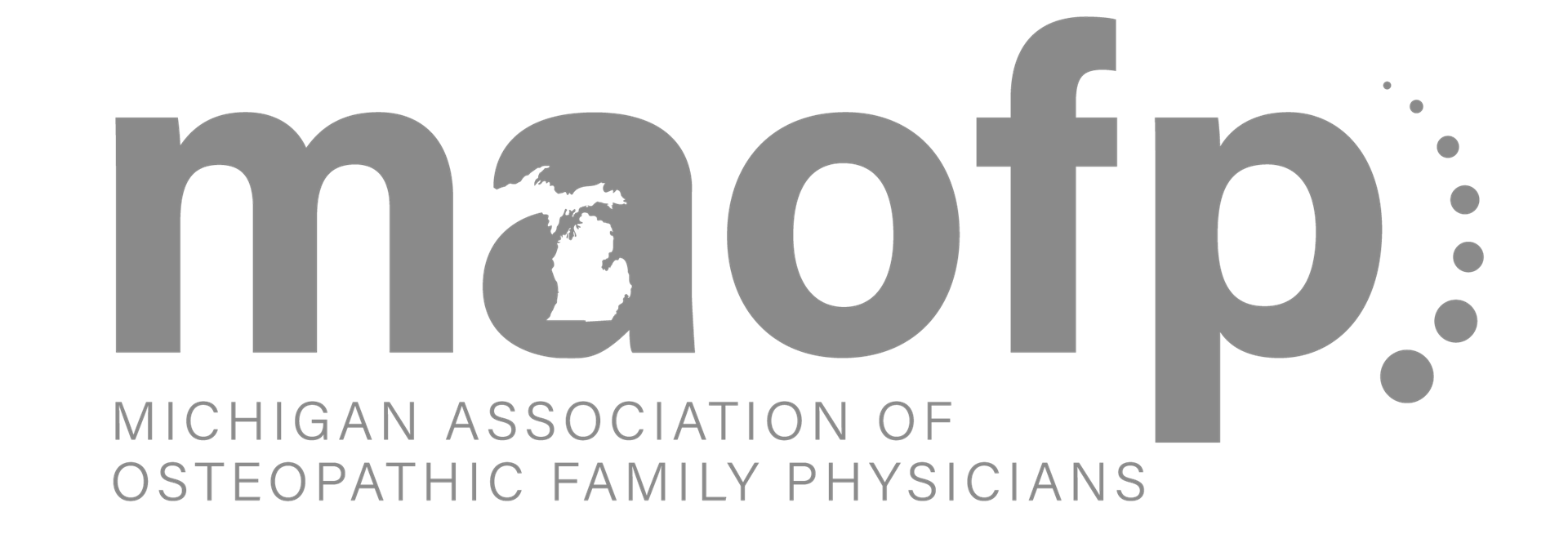Kim Pfotenhauer, DO, FACOFP, is a Board Certified Osteopathic Family Physician and a Fellowship trained Diabetologist. She is currently the Director of Clerkship Curriculum and an Assistant Professor at Michigan State University College of Osteopathic Medicine. She serves on the American Diabetes Association Women’s Interprofessional Network Advisory Group and as National Faculty for the NBOME. Speaking regionally and nationally on diabetes, nonalcoholic fatty liver disease and vitamin D, she focuses on empowering primary care physicians to improve patient metabolic health. Diabetes Mellitis During this session, multiples cases will be discussed to highlight diagnosis and treatment of diabetes including common clinical challenges. Learning Objectives
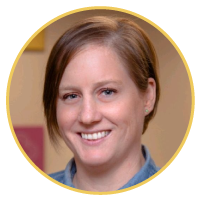
Misti DeVries, BS Misti DeVries earned her Bachelor of Science in Child & Family Development from the University of Georgia. Working with children and families in Kent County since 2006, Misti has transitioned from working mainly with children to focusing on educating adults in the community on how to recognize signs and symptoms of abuse in children and how to report child abuse & neglect. Misti began working at the CAC in January of 2015 and she continues to support the mission of the CAC by educating adults in the community on how to prevent sexual assault. Misti believes that when adults in the community feel safe and comfortable recognizing and reporting abuse, it allows the children in our communities to feel safe at home, in schools, and in their neighborhoods.Child Abuse & Neglect – The Role You Play As doctors, it is imperative to recognize the role you play in protecting children from harmful and unsafe environments. From recognizing signs and symptoms of abuse or neglect to understanding how to report any reasonable suspicion, disclosure, or evidence of abuse, doctors have an enhanced capacity to protect children. In this session, you will learn about the different types of child abuse and neglect, as recognized by the state of Michigan, and build confidence in reporting any reasonable suspicion of abuse. Learning Objectives
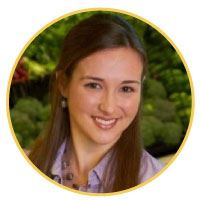
Allison Reed, RD Allison Reed, RD is a registered dietitian specializing in eating disorders, mindful and intuitive eating, and the non-diet approach to health management. She graduated from Michigan State University with a Bachelor of Science in 2005 and completed her dietetic internship at Yale-New Haven Hospital in 2007. With 14 years over of experience as a registered dietitian, she has worked in public health, the fitness industry, inpatient mental health, and private practice. She is the owner of Crossroads Nutrition Therapy, LLC, a private practice established in 2018. In her practice, Allison and other dietitians assist their clients in making peace with food and body using a holistic approach to health that operates on three basic principles: intuitive eating, joyful movement, and Health at Every Size® (HAES®). Fad Diets: Breaking the Diet Cycle & Promoting Sustainable Lifestyle Change This session will compare and contrast popular fad diets, discussing merits and detriments of each eating pattern. It will expose misguided claims and consequences of long-term dieting behaviors, offer education on assessing and honoring natural biofeedback, and explain the benefits of mindful and intuitive eating to help patients self-regulate appetite, cravings, and metabolism. Learning Objectives
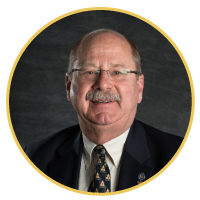
Francis A Komara, DO, FACOFP Francis Komara, D.O., FACOFP, a Chicago College of Osteopathic Medicine alumna, has built a distinguished career in educating medical students, residents and fellows, providing patients with outstanding clinical care and furthering the osteopathic profession through research and service. Dr. Komara has served the MSU College of Osteopathic Medicine in several capacities for 20 years, including course coordinator for more than a dozen geriatric courses, associate director of Continuing Education and Faculty of the Geriatric Education Center of Michigan, program director for the Family Practice Geriatric Medicine Residency Program and the Osteopathic Geriatric Family Medicine Residency Program, and professor for the Department of Family and Community Medicine, Geriatrics. Previously he was faculty at Nova Southeastern College of Osteopathic Medicine, the University of Southern California School of Medicine and Rancho Los Amigos Medical Center. A member of the American Osteopathic Association, Michigan Osteopathic Association and the American College of Osteopathic Family Physicians, Dr. Komara is a past president of the Ingham County Osteopathic Association. He has been a member of the American Geriatrics Society, Michigan Association of Osteopathic Family Physicians, and the American Medical Directors Association. Frank has lectured on geriatric medicine for professional and community organizations in Florida, California and Michigan. He retired in July 2019 and was conferred the title of Professor Health Programs Emeritus by Michigan State University. In retirement, he plans to devote more time to his wife of 47 years, Pam, his daughter Lauren and son Steve, their families, especially granddaughters Miranda, Audrey, Emma and Evelyn and be the best grampa ever. Additionally, he plans to read some non-medical books, fish, travel in his trailer, cook and grow some tomatoes. End of Life Cases Review principles of medical ethics and the utilization of advance care planning as an introduction end of life care discussion. End of Life cases will be discussed. Learning Objectives
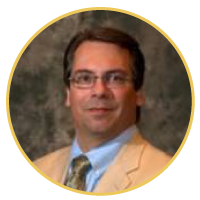
Robert Piccinini, DO Robert G.G. Piccinini, DO, is an AOA board-certified osteopathic psychiatrist in private practice. Outside his involvement with the AOA, Dr. Piccinini is the past president of the Michigan Osteopathic Association. He also is past president of the American College of Osteopathic Neurologists and Psychiatrists, the Macomb County Osteopathic Medical Association and the Michigan Osteopathic Service Corporation. Dr. Piccinini did a forensic psychiatry fellowship at the Medical College of Wisconsin. He received the Distinguished Fellow award from the American College of Osteopathic Neurologists and Psychiatrists in 2007. Dr. Piccinini has given numerous presentations on domestic violence, violence in the workplace and physician wellness. Dr. Piccinini earned his osteopathic medical degree from the Michigan State University College of Osteopathic Medicine in East Lansing. He completed an internship at Genesys Regional Medical Center, followed by residency training at Henry Ford Health Systems. Managing the Maze of Psychiatric Medication Update in Psychopharmacology Learning Objectives
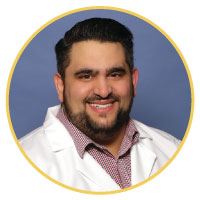
John Morasso, DO, CAQSM Dr. John Morasso DO, is a board certified and fellowship trained sports medicine specialist in metro Detroit, where he was born and raised. He was a Class of 2014 Vice President at MSUCOM at the Detroit Campus where he also received the Richard L Alper Memorial Award for distinguished community service. He went on to do his Family Medicine and OMT residency at Beaumont Farmington Hills (Botsford) prior to a sports medicine fellowship at Detroit Medical Center. Currently, he is core faculty for the DMC Sports Fellowship and is also associate program faculty at Beaumont Farmington Hills family med residency providing OMT/ MSK education. He also currently serves as a team physician for North Farmington High school and the Detroit Red Wings. An Osteopathic Approach to Myofascial Pain: OMT and Therapeutic Needling Myofascial pain is an under recognized cause, and mimicker, of common orthopedic conditions. In this session, we will discuss how to diagnose and manage myofascial pain using osteopathic manipulation and therapeutic needling.
Learning Objectives
Dr. Fitton is an Associate Professor at Michigan State University College of Osteopathic Medicine, Primary Care Sports Medicine Physician with MSU Health Care Department of Orthopedics, MSU Team physician, Sparrow Concussion Clinic Co-Director, and Associate Chief Medical Information Officer MSU Health Care. Medical Coverage of Local Running Events Review important aspects for consideration while covering running events--from small to large, short to long Learning Objectives
|
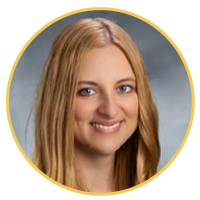
Jessica Heselschwerdt, MD (she/her)
Dr. Heselschwerdt attended medical school at Wayne State, and completed her family medicine residency at University of Texas, Austin in 2015. She recently joined the faculty at the Beaumont Troy Family Medicine Residency Program. She enjoys all aspects of primary care, and her professional interests include medical education, caring for people experiencing homelessness, and gender-affirming hormone therapy. She is passionate about advocating for the specialty of Family Medicine and for patients.
Health Care in the LGBTQIA+ Population
This session will help you learn how we can improve medical care for LGBTQIA+ patients.
Learning Objectives
- Understand terminology and concepts related to sexual orientation and gender identity
- Understand disparities and barriers to care that affect LGBTQIA+ patients
- Learn some ways to make your practice more affirming to LGBTQIA+ patients
- Identify resources for further learning
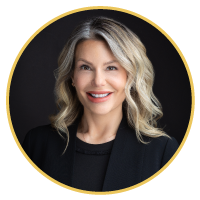 Jenna Wright Greenman JD, CNA
Jenna Wright Greenman JD, CNA
Medical Malpractice: Lessons Learned from Depositions and Trials: The Anatomy of a Deposition
Presentation on logistics of a deposition, practical skills to handle deposition questions, and common mistakes and pitfalls to avoid
Learning Objectives
- To learn the mechanics of a deposition in a medical malpractice lawsuit
- To understand common mistakes made by witnesses in depositions and tactics to avoid same
- To provide guidance on how to avoid common issues in the provider's practice that can lead to lawsuits and depositions
 Donald Wayne Gusfa, DO, PGY-1, Donald Gusfa is a resident physician in his Transitional Year at McLaren Oakland and is interested in Family Medicine/Sports Medicine. He has been a researcher and the main statistician for the Disordered Eating Screen for Athletes (DESA-6) for the past 3 years. |  Ryley Mancine, DO, PGY-1 Ryley Mancine is a first-year resident at the Michigan State University psychiatry residency program. He is clinically interested in child and adolescent psychiatry, with a special interest in sports psychiatry. |
Disordered Eating Screen for Athletes
(No CE Credits Available)
Disordered eating (DE), a sub-clinical spectrum of eating pathologies, and is associated with a wide range of physiological disturbances. In this presentation, participants will learn who is most at risk for DE, the physical and psychological manifestations of DE, and ways to appropriately screen for DE behaviors. Special attention will be directed to athletes, who may have atypical relationships with food, eating, and calories.
Learning Objectives
- Describe the significance of disordered eating in relation to physiological and psychological well-being.
- List factors and demographics which are associated with a higher risk for disordered eating, and analyze which patients are in need of further intervention.
- Implement the Disordered Eating Screen for Athletes (DESA-6) as a tool for detecting athletes at risk for disordered eating behaviors.

Daniel Truong, DO
Dr. Daniel Truong is originally from Ventura, CA and attended medical school at West Virginia School of Osteopathic Medicine. He finished his pediatrics residency training at University of Hawaii and is currently a Pediatric Sports Medicine Fellow at the University of Colorado in Denver. Daniel is an avid hiker and has been on many multi-day backpacking treks around the world including Inca Trail in Peru, Havasupai Indian Reservation in the Arizona desert, and Torres del Paine in Patagonia. He is very passionate about the wilderness and enjoys keeping kids healthy through sports and outdoor experiences.
It's Getting Hot in Here... So What?
Learn about the different types of heat-related illnesses, ways to identify them, and how to prevent them.
Learning Objectives
- Recognize and compare the differences between heat exhaustion, heat injury, and heat stroke.
- Name the risk factors that contribute to heat-related illnesses in a pediatric patient.
- Understand the tools used to determine a safe environment for outdoor activities and ways to prevent heat-related illnesses.

Christine Harb, DO, MPH
Dr. Christine Harb (she/they) is a queer Palestinian human rights activist, physician, and public health practitioner. She is currently a first-year resident in the Department of Family Medicine and Community Health at the University of Minnesota. She graduated from A.T. Still University Kirksville College of Osteopathic Medicine, where they completed a pre-doctoral academic fellowship in Medical Education. Additionally, they received their Master of Community and Behavioral Health from the University of Iowa, specializing in refugee/immigrant health, rural medicine, and transgender healthcare access. Dr. Harb published one of the first articles from the Midwest investigating the motivators and barriers to transgender healthcare access in rural settings.
Pronouns and Appropriate Conversations in LGBTQ Populations
This session will give an overview of appropriate conversations in LGBTQ populations. It is intended to expand knowledge of pronouns and their usage in medical settings. Attendees will also be educated on the differences between sex, gender, and sexuality. The session will review the health disparities experienced by the LGBTQ community and the discrimination its members have historically faced when attempting to access healthcare. Finally, attendees will learn about the importance of becoming human rights advocates for their LGBTQ patients.
Learning Objectives
- Expand knowledge of pronouns and their usage.
- Understand the differences between sex, gender, and sexuality.
- Review the health disparities in LGBTQ communities and beyond.
- Learn the ways in which our healthcare system has historically created and perpetuated these health disparities.
- Emphasize the importance of our role as physicians and human rights advocates.
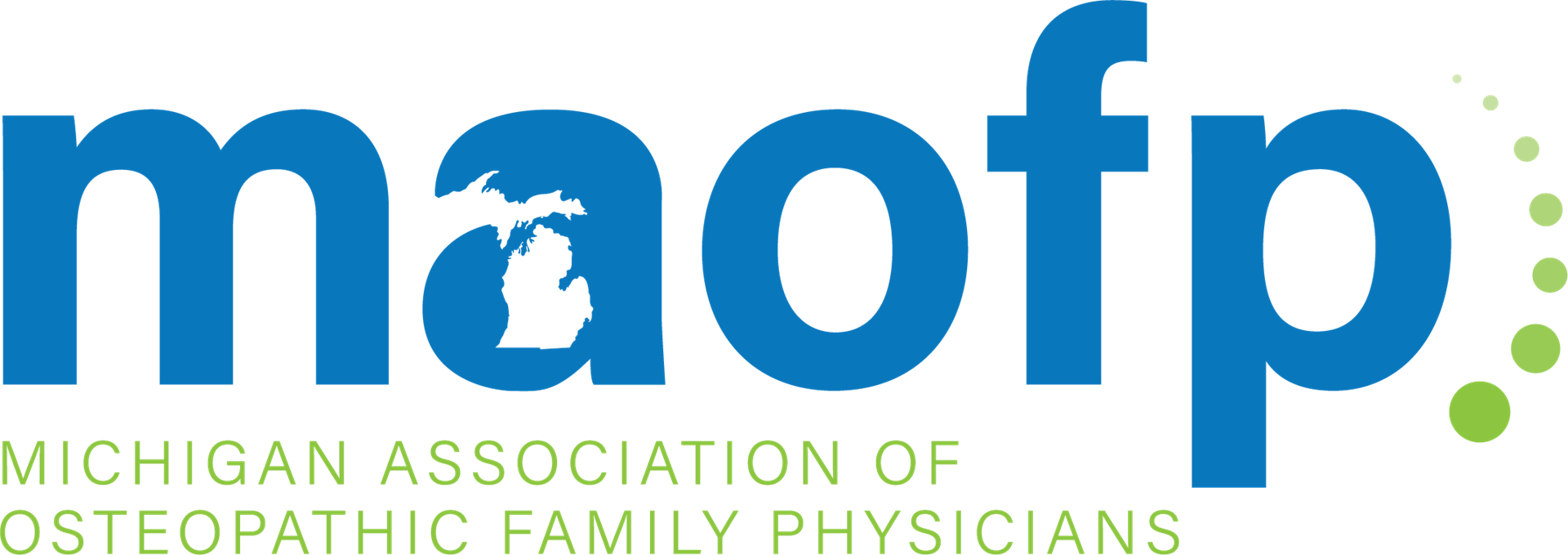

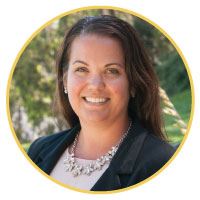 Kim Pfotenhauer, DO, FACOFP
Kim Pfotenhauer, DO, FACOFP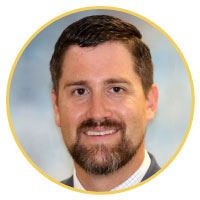 Nathan Fitton, DO
Nathan Fitton, DO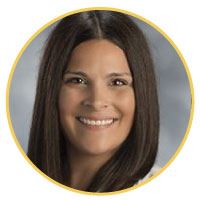
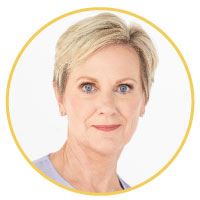
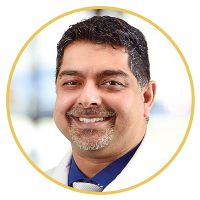

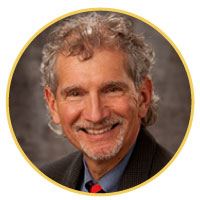 Glen Ackerman, MD, FAAN
Glen Ackerman, MD, FAAN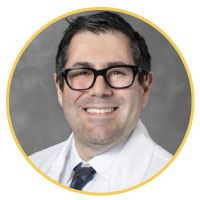 Jeremy Fischer, DO
Jeremy Fischer, DO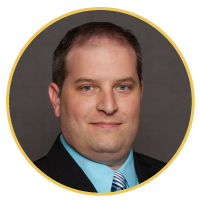 Everett R. Kalcec, DO
Everett R. Kalcec, DO